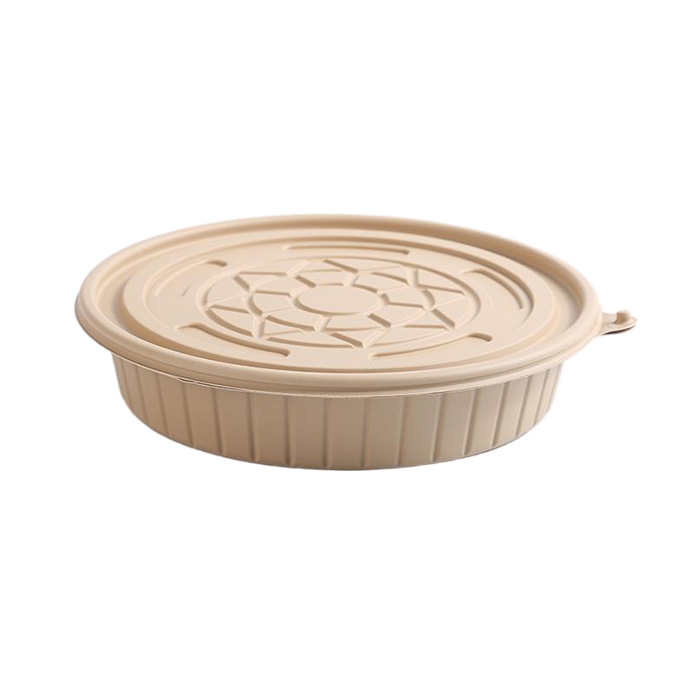Unveiling the Chemistry Behind Car Washes: Exploring the Key Chemicals for a Spotless Shine
Car washes have become an essential part of vehicle maintenance, ensuring a clean and polished appearance. Behind the scenes, a range of chemicals work together to remove dirt, grime, and stains, leaving your car looking brand new. In this article, we will delve into the world of car wash chemistry, exploring the key chemicals used and their roles in achieving a spotless shine.
- Surfactants: The Cleaning Powerhouses
Surfactants are the backbone of any car wash solution. These compounds possess both hydrophilic (water-loving) and hydrophobic (water-repelling) properties, allowing them to break down and lift dirt particles from the car's surface. Common surfactants used in car washes include anionic, cationic, and nonionic surfactants, each with its own unique cleaning abilities. - pH Adjusters: Balancing the Clean
Maintaining the right pH level is crucial for effective car washing. pH adjusters are used to balance the acidity or alkalinity of the cleaning solution. Alkaline-based solutions, with a higher pH, are effective in removing grease, oil, and road grime. On the other hand, acidic solutions, with a lower pH, are ideal for removing mineral deposits and water spots. The careful combination of pH adjusters ensures a thorough and balanced clean. - Solvents: Dissolving Stubborn Stains
Stubborn stains, such as tar, tree sap, and bird droppings, require the power of solvents. Solvents are capable of dissolving and breaking down these tough substances, making them easier to remove. Common solvents used in car washes include isopropyl alcohol, mineral spirits, and citrus-based cleaners. These solvents effectively dissolve stains without damaging the car's paint or finish. - Detergents: Enhancing Cleaning Efficiency
Detergents are additives that enhance the cleaning efficiency of car wash solutions. They help to emulsify and suspend dirt particles, preventing them from redepositing onto the car's surface. Additionally, detergents can improve the foaming properties of the solution, allowing for better coverage and prolonged contact time. Various types of detergents, such as anionic, cationic, and amphoteric detergents, are used in car wash formulations. - Water Softeners: Tackling Hard Water Woes
Hard water, containing high levels of minerals like calcium and magnesium, can leave unsightly water spots on a car's surface. Water softeners are used to counteract the effects of hard water by binding to these minerals and preventing them from depositing onto the car. Common water softeners used in car washes include chelating agents like EDTA (ethylenediaminetetraacetic acid) and citric acid.
Conclusion:
Car washes rely on a carefully formulated blend of chemicals to achieve a spotless shine. Surfactants, pH adjusters, solvents, detergents, and water softeners all play vital roles in removing dirt, stains, and grime from a car's surface. By understanding the chemistry behind car washes, we can appreciate the science that goes into keeping our vehicles looking their best.





